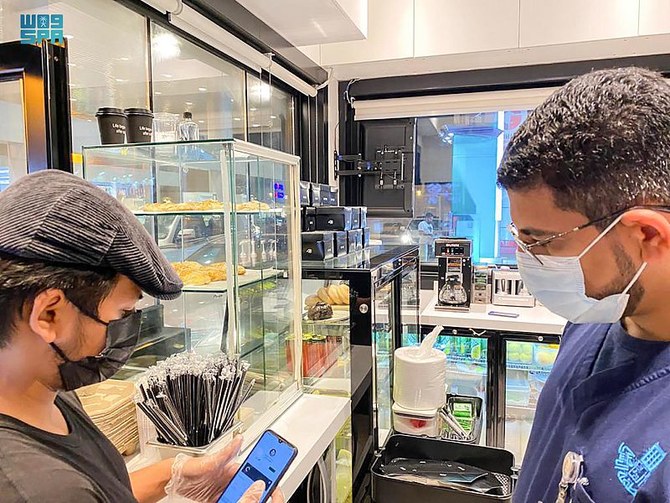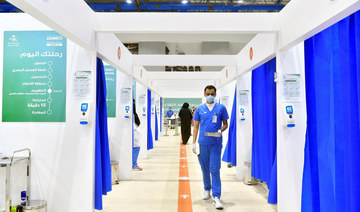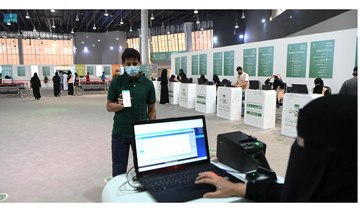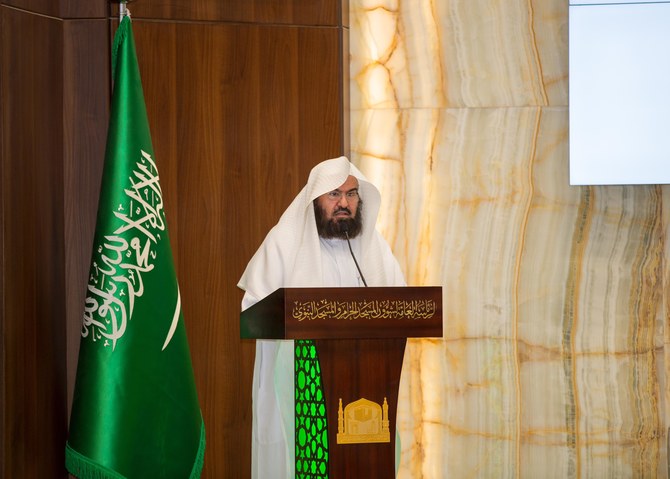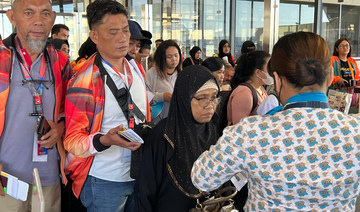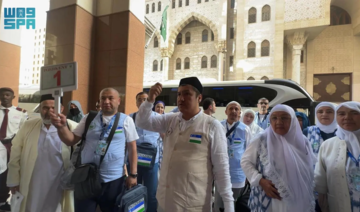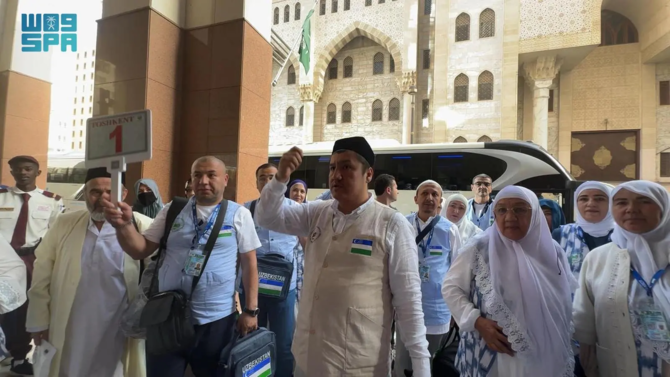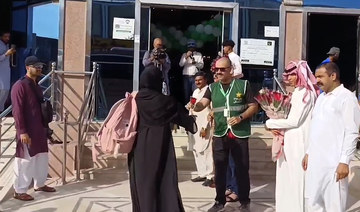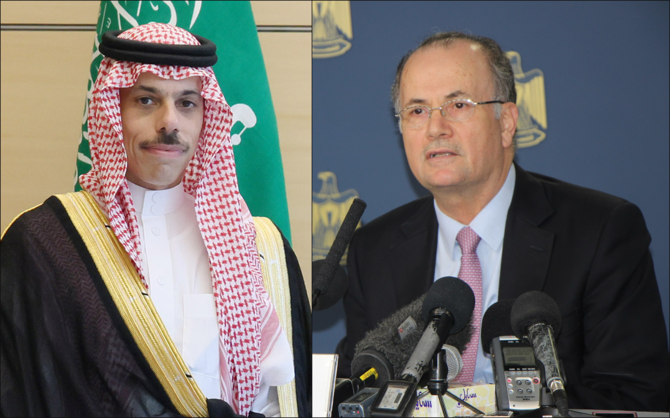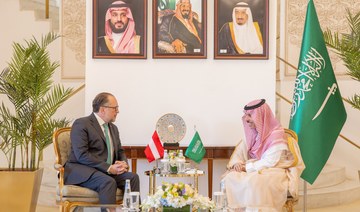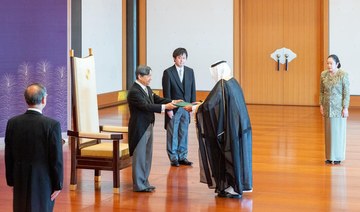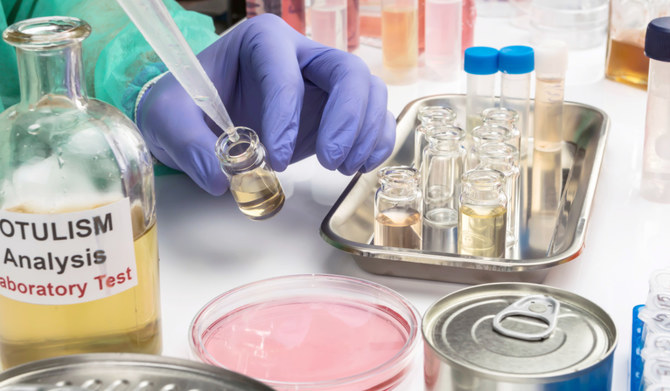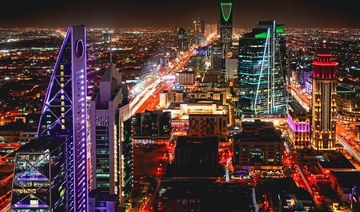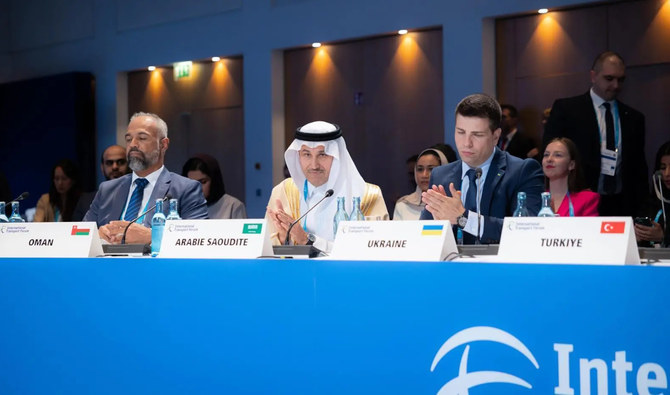RIYADH: Saudi Arabia recorded 14 new COVID-19 related deaths on Sunday, raising the total number of fatalities to 8,334.
The Ministry of Health confirmed 731 new cases reported in the Kingdom in the previous 24 hours, meaning 533,516 people have now contracted the disease.
Of the total number of cases, 10,200 remain active and 1,405 in critical condition.
According to the ministry, the highest number of cases were recorded in Makkah with 151, followed by the Eastern Province with 132, the capital Riyadh with 129, Jazan recorded 67, and Asir confirmed 60 cases.
The health ministry also announced that 620 patients had recovered from COVID-19, bringing the total number of recoveries in the Kingdom to 514,982.

Over 29.6 million doses of the coronavirus vaccine have been administered in the Kingdom to date through 587 centers.
The ministry renewed its call on the public to register to receive the vaccine, and adhere to the measures and abide by instructions.
Health Ministry spokesman Dr. Mohammed Al-Abd Al-Aly said at a weekly press conference that the country’s epidemiological curve was witnessing a noticeable decline in the number of new cases, stressing that vaccines had played a major role in this development.
He slammed claims that children had died after being jabbed. “They are lies and fallacies that have nothing to do with reality,” he said.
The country is preparing for students to return to the classroom by the end of this month, with the Health Ministry and Education Ministry encouraging people to take the vaccine and not fall victim to rumors.
“Don’t be deceived,” said Al-Abd Al-Aly. “The vaccines are safe and effective, 99 percent of those in intensive care units due to COVID-19 are not vaccinated. Experts around the world classify the current stage of the pandemic as the ‘pandemic of the unvaccinated.’”
The campaign to fully vaccinate students above the age of 12 and education staff continued apace, according to Education Ministry spokesperson Ibtisam Al-Shehri.
“The return to school is the most important factor to indicate a real return to normal life,” she told the press conference, saying that parents must ensure their children did not miss their vaccine appointments.
Fully vaccinated school students at the intermediate and secondary levels will be able to attend school from the start of the new academic year.
But primary students will continue their education online, as will those who are at intermediate level but younger than 12.
“These measures will continue until the end of October or until we achieve herd immunity by 70 percent, whichever comes first,” Al-Shehri added.
There are 3.1 million students at the intermediate and secondary levels in Saudi Arabia and 45 percent have received one dose, 19 percent have had both, and 6 percent have recovered from COVID-19.
During monitoring inspection tours in the past week, authorities recorded 21,967 violations of precautionary regulations imposed to stem the spread of COVID-19 , according to recent statistics from the Ministry of Interior.
The statistics indicated that the region of Riyadh recorded the highest number with 7,214 violations, followed by the Eastern Province (3,022), Madinah (2,189), Qassim (2,119), Makkah (1,836), Hail (1,818), Jouf (1,331), the Northern Borders (666), Tabuk (541), Baha (334), Jazan (316), Asir (314), and Najran (267).
Jeddah Municipality closed 37 commercial establishments for violating the preventive measures, while field teams also recorded 56 violations during over 7,000 monitoring rounds carried out over the weekend.
The Ministry of Sports announced it will raise the capacity for mass attendance of sports competitions for the 2021-2022 sports season to 60 percent instead of 40 percent, based on updates issued by authorities on developments in the coronavirus.
The ministry has made a number of updates and amendments to the measures regarding mass attendance of stadiums, and has restricted it to sports fans (over 12 years old) who have taken two doses of the vaccine.
The Ministry of Islamic Affairs reopened three mosques in the Qassim region after temporarily evacuating and sterilizing them after three people tested positive for coronavirus, bringing the total number of mosques closed and reopened after being sterilized to 1,975 within 183 days.
The coronavirus pandemic has affected over 203 million people globally and the death toll has reached around 4.30 million.



